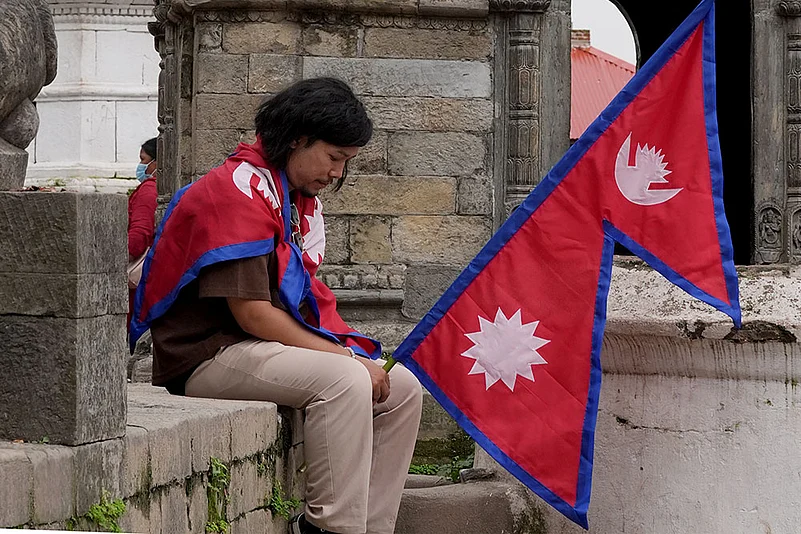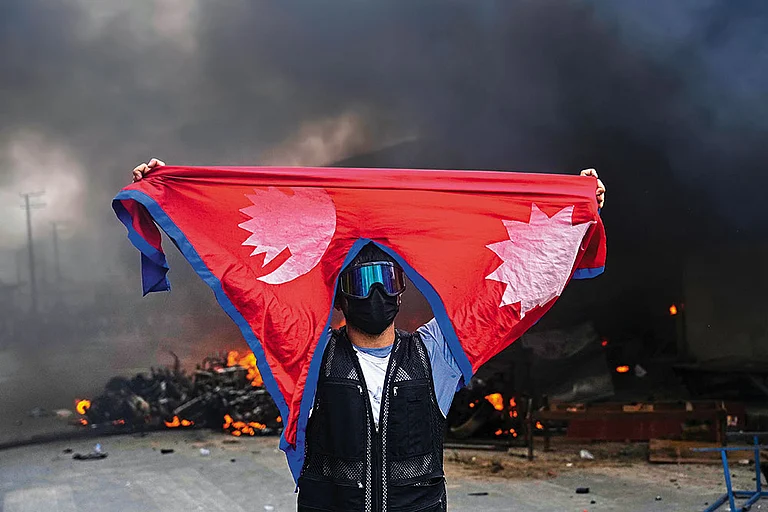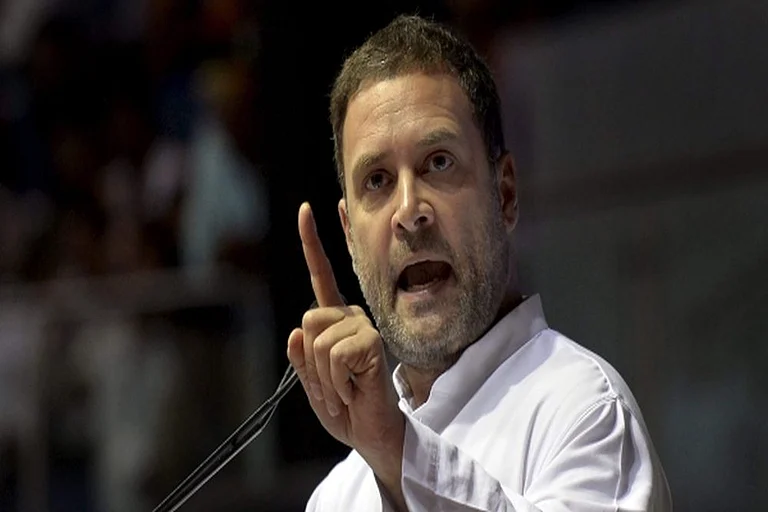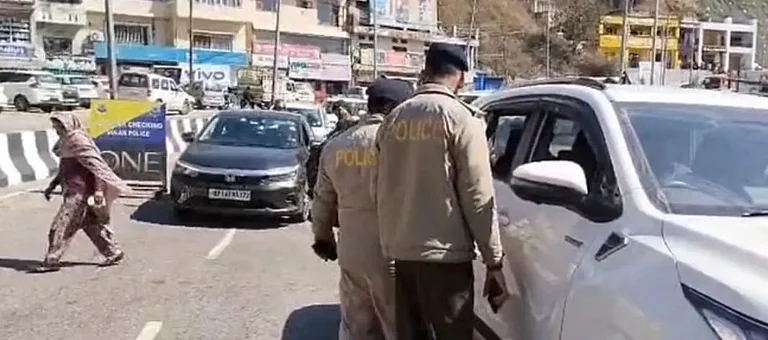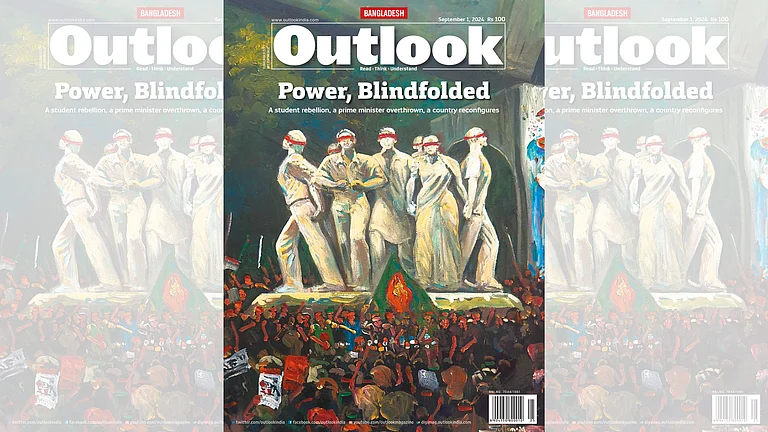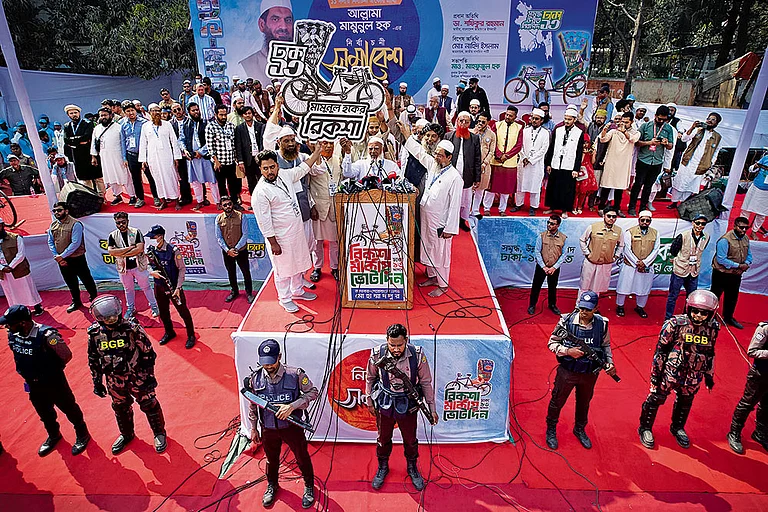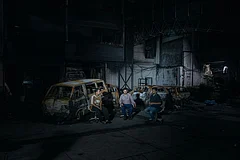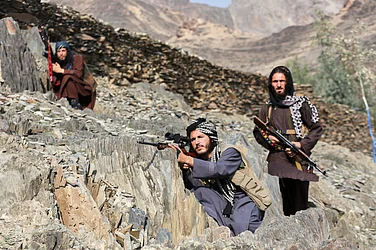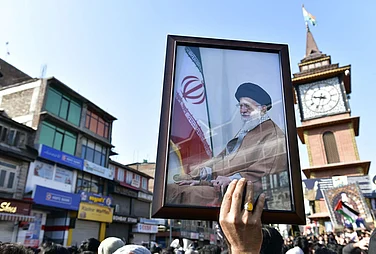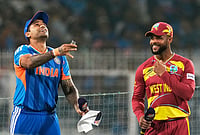
Nepal’s youth-led protests mark a historic challenge to government corruption.
Gen Z used memes and livestreams to disrupt official narratives.
The movement continues a legacy of revolutionary generations.
“Well you can twist and shout
Let it all hang out…
But you won’t fool, the children of the revolution
No, you won’t fool, the children of the revolution”
—‘Children of the Revolution’ by English rock band T. Rex, written by Marc Bolan, released in September 1972
I was born when the 1970s were kind of getting over, when revolutions were ending and the world was kind of settling in, and yet, wars surrounded us and rebellion seemed like an inheritance of sorts. The May 1968 revolt in France had those slogans. “I came. I saw. I believed.” (Mimicking veni, vidi, vici)
We lived by them. We played outside. We were unafraid. The 1960s and the 1970s had many protests. We were those children of revolution. Free-spirited and uninhibited. We still can be brave at times in the face of betrayal.
We grappled with identity shifts like Gen Z. We grew up free, listening to rock bands and sporting punk hairstyles and, we weren’t known to be cautious. We grappled with economic insecurity, social change, liberalisation, globalisation and many changes that meant that we were the threshold generation. Also, the vanguard generation.
The new labour markets were deregulated and precarious and we bore the brunt of policy changes that were designed to bring about transformation in the nature of work and other significant social and economic shifts that were rapid in the 1990s.
The protests in Nepal are not outside of history. We, the children of revolution, can attest to it.
Conspiracy theories aside, the recent protest led by the young and the restless in Nepal is a marker in history, a moment that must be acknowledged and studied. We seem to have a tendency to dismiss everything as the Deep State attempts to foster regime change in South Asia and colour revolutions and while those might be true to a certain degree and because all truths overlap with others and simplistic notions are no longer enough to understand any protest anywhere, there is no denying the fact that the young people decided to take to the streets and overthrow what they thought was a corrupt government.
Of course, the geopolitical context is important, but then, the discomfort within a country with inequality is a force that many underestimate. And youth is always that disruptive force. Their ways are different. Here, the Gen Z’s use of memes, livestreams and decentralised storytelling punctured the government narrative, as they did elsewhere, like in Kenya in 2024.
One is reminded of the Occupy Wall Street movement in America during Barack Obama’s presidency in the wake of the 2008 global financial crisis. Then we have the ‘Arab Spring’ in North Africa. Or the protests against the Vietnam War.
Whatever happens next, the young have dismantled power structures in Nepal.
Over to Gen Z, the other children of revolution.
MORE FROM THIS ISSUE
Chinki Sinha is editor, Outlook Magazine.







